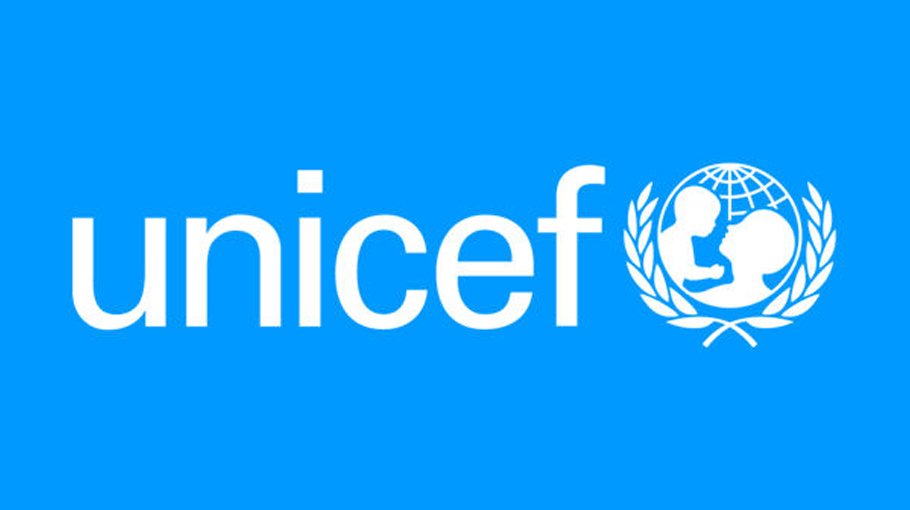‘Only 34pc third graders have reading skills, 18pc numeracy skills: UNICEF

Only 34 per cent of children in Grade 3 in Bangladesh have foundational reading skills, and only 18 per cent have foundational numeracy skills, says a newly published report of UNICEF.
Children from disadvantaged backgrounds are even worse off.
According to the report, school closures in Bangladesh from March, 2020 to September 2021, and again in February, 2022, have not only disrupted the education of around 37 million children but also exacerbated worrying gaps in basic literacy and numeracy skills which existed before the pandemic began.
The report titled ‘Are children really learning?’ was published on Wednesday.
It features country-level data on the impact of the Covid-19 pandemic and related school closures on children, as well as an updated analysis of the state of children’s learning before the pandemic.
In Bangladesh, one of the countries featured in the report, children endured one of the longest school closures in the world, missing almost 18 months of in-person education.
The report also highlighted striking differences in the reading skills of children who dropped out of school in the past year and those who continued learning. Only 29 per cent of the children who dropped out of school within the past year have foundational reading skills, compared with 39 per cent of children who stayed in school.
“Even before the pandemic, children in Bangladesh faced education hurdles. Children in Bangladesh need full access to flexible and remedial learning to help make up for the time lost,” said Sheldon Yett, UNICEF Representative to Bangladesh.
He further said that a failure to take action now puts the well-being of children and their families at risk for generations to come.
Catherine Russell, UNICEF Executive Director, said, “When children are not able to interact with their teachers and their peers directly, their learning suffers. When they are not able to interact with their teachers and peers at all, their learning loss may become permanent. This rising inequality in access to learning means that education risks becoming the greatest divider, not the greatest equalizer. When the world fails to educate its children, we all suffer.”
The report highlights that while out-of-school children suffer the greatest loss, pre-pandemic data from 32 countries and territories show a desperately poor level of learning, a situation that has likely been exacerbated by the scale of learning lost to the pandemic.
In the countries analyzed, the current pace of learning is so slow that it would take seven years for most schoolchildren to learn foundational reading skills that should have been grasped in two years, and 11 years to learn foundational numeracy skills.



